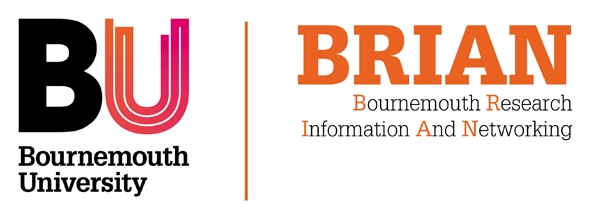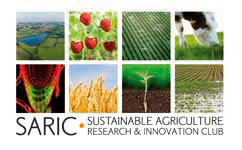Communicating Research: FMC Cross-Departmental Seminar Series 2015-16
Venue: The Screening Room W240, Weymouth House, Talbot Campus, Bournemouth University, Fern Barrow, Poole, Dorset, BH12 5BB When: Wednesday 6 January, 4pm
A Narrative Research Group Guest Lecture
Dr Francesco Buscemi, Bournemouth University
‘Passing on Recipes or Passing an Examination? Food and Foucauldian Power on Two Web Forums in Italy and Britain’
This paper analyses the representation of the social practice of passing on recipes on two popular Italian and British web forums, and the power relationships that they produce. It draws on Foucault’s category of examination; on Rosello’s links between Foucault’s examination and writing recipes; and on Appadurai theory that recipes are fundamental in the construction of national culture. Moreover, specific studies on Italian and British food culture highlight similarities and differences between the two countries.
Qualitative textual analysis is applied to the forums La Cucina Italiana and BBC Good Food. They have purposely been chosen because they represent two ‘food institutions’, and this research wants to analyse mainstream food media. The results show that the two forums generate different examples of Foucault’s examination. The Italian users (all women, or at least using female names) undergo their examination not on the forum, but at home or among friends, before or after writing the posts. The forum is seen either as a place of resistance, in which they ask help to the other users before being examined by relatives, or as a place in which they may show off that they have passed the exam. In Britain, the examination occurs within the forum, and users (man or woman hierarchically relating to each other) are both examiners and examined; the user is examined when posts a recipe, and examines the others when comments on the recipes of the others.
Francesco Buscemi is Lecturer in Creative Communications at Bournemouth University. Moreover, he teaches media studies at both undergraduate and postgraduate level at the Catholic University of Milan, where he also supervises degree theses. His PhD, gained at Queen Margaret University, is a Bourdieusian and semiotic analysis on how representations of food in the media support national ideologies in Italy and Britain. Another strand of research involves meat, cultured meat and their links to the living animal, death, religion, blood, gender and the relationships between Nature and Culture.
About the series
This new seminar series showcases current research across different disciplines and approaches within the Faculty of Media and Communication at BU. The research seminars include invited speakers in the fields of journalism, politics, narrative studies, media, communication and marketing studies. The aim is to celebrate the diversity of research across departments in the faculty and also generate dialogue and discussion between those areas of research.
Contributions include speakers on behalf of
The Centre for Politics and Media Research
The Centre for the Study of Journalism, Culture and Community
Promotional Cultures Communication Centre
Public Relations Research Centre
Narrative Research Group
Journalism Research Group
Advances in Media Management Research Group























 REF Code of Practice consultation is open!
REF Code of Practice consultation is open! BU Leads AI-Driven Work Package in EU Horizon SUSHEAS Project
BU Leads AI-Driven Work Package in EU Horizon SUSHEAS Project Evidence Synthesis Centre open at Kathmandu University
Evidence Synthesis Centre open at Kathmandu University Expand Your Impact: Collaboration and Networking Workshops for Researchers
Expand Your Impact: Collaboration and Networking Workshops for Researchers ECR Funding Open Call: Research Culture & Community Grant – Apply now
ECR Funding Open Call: Research Culture & Community Grant – Apply now ECR Funding Open Call: Research Culture & Community Grant – Application Deadline Friday 12 December
ECR Funding Open Call: Research Culture & Community Grant – Application Deadline Friday 12 December MSCA Postdoctoral Fellowships 2025 Call
MSCA Postdoctoral Fellowships 2025 Call ERC Advanced Grant 2025 Webinar
ERC Advanced Grant 2025 Webinar Update on UKRO services
Update on UKRO services European research project exploring use of ‘virtual twins’ to better manage metabolic associated fatty liver disease
European research project exploring use of ‘virtual twins’ to better manage metabolic associated fatty liver disease